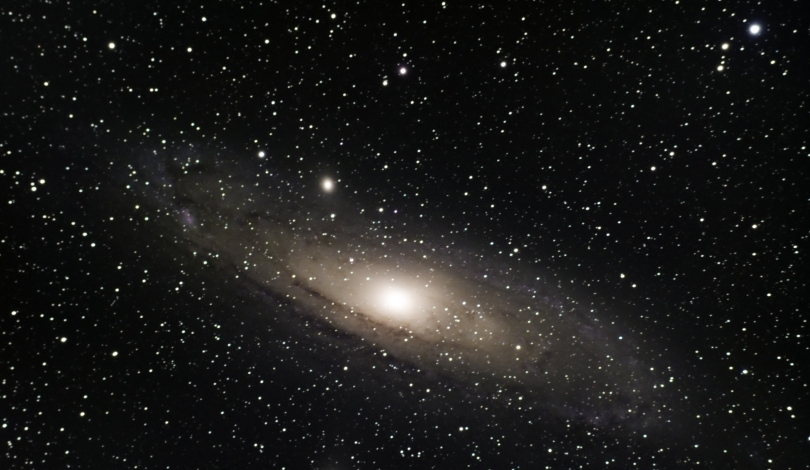Advancements in particle physics are poised to delve deeper into the fundamental forces shaping our universe. Under the guidance of Hitoshi Murayama, the P5 panel has identified critical projects requiring substantial investment. These initiatives span from probing unseen dark matter to expanding capabilities in neutrino research. The panel’s decisions are expected to steer the direction of scientific exploration and innovation in the coming years.
Previously, funding for particle physics was concentrated on domestic projects, but now international collaborations are emphasized. The P5 panel’s approach expands the scope of research beyond national boundaries, recognizing the global nature of scientific inquiry. This shift reflects changes in budget allocations and the increasing complexity of experiments required to advance the field.
Prioritized Projects for Dark Matter and Higgs Boson Research
The P5 panel has highlighted several key experiments, including the search for dark matter and the study of the Higgs boson.
“There are five actually exciting projects we think we can do within the budget program,”
Murayama stated during his presentation at the ScienceWriters 2024 conference. The dark matter project involves increasing the liquid xenon reservoir from seven to 70 tons in a South Dakota gold mine experiment. Meanwhile, further investigation of the Higgs boson requires support for an offshore Higgs factory, such as the FCC-ee facility at CERN or the International Linear Collider in Japan.
Neutrino Studies and Cosmic Inflation Initiatives
Neutrino research remains a priority, with plans to upgrade the Deep Underground Neutrino Experiment (DUNE) in South Dakota. The panel also supports expanding the IceCube Neutrino Observatory in Antarctica to enhance cosmic observations.
“They managed to peer into the supermassive black hole in a nearby galaxy,”
Murayama noted, highlighting the observatory’s potential to provide new insights into the universe. Additionally, the CMB-S4 experiment aims to search for evidence of cosmic inflation, requiring collaboration between sites in Chile and the South Pole.
Future Challenges and Funding Prospects
Securing funding for these ambitious projects poses significant challenges. The National Science Foundation has placed the CMB-S4 experiment on hold to prioritize infrastructure upgrades, creating uncertainty around the panel’s recommendations. Furthermore, the potential return of Donald Trump to the White House adds unpredictability to future science funding. Despite these hurdles, the P5 panel advocates for a long-term investment in advanced particle accelerators, which could unlock new frontiers in physics by the 2030s.
Achieving the P5 panel’s objectives will require sustained governmental support and international cooperation. The proposed projects not only aim to answer fundamental questions about the universe but also promise technological advancements. Effective negotiation with funding bodies and strategic planning will be crucial to overcoming the financial and logistical obstacles that lie ahead.
The outlined particle physics plan by the P5 panel represents a comprehensive approach to tackling some of the most profound questions in science. By prioritizing projects that explore dark matter, the Higgs boson, neutrinos, and cosmic inflation, the panel seeks to deepen our understanding of the universe’s fundamental components. Successful implementation of these initiatives will depend on securing necessary funding and fostering collaborative efforts both nationally and internationally.










